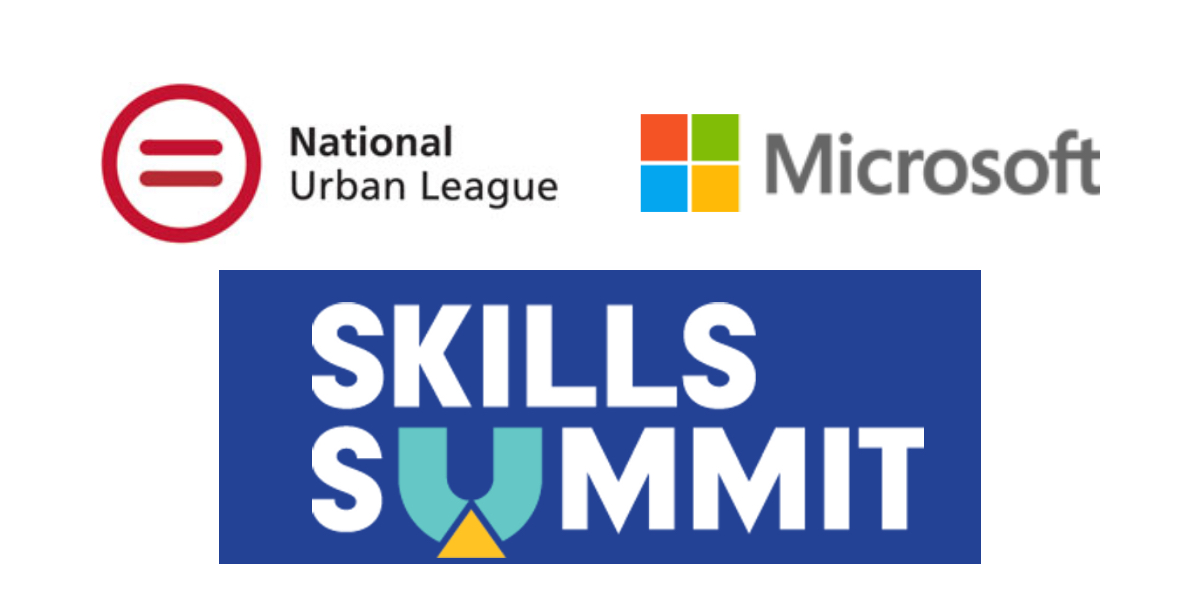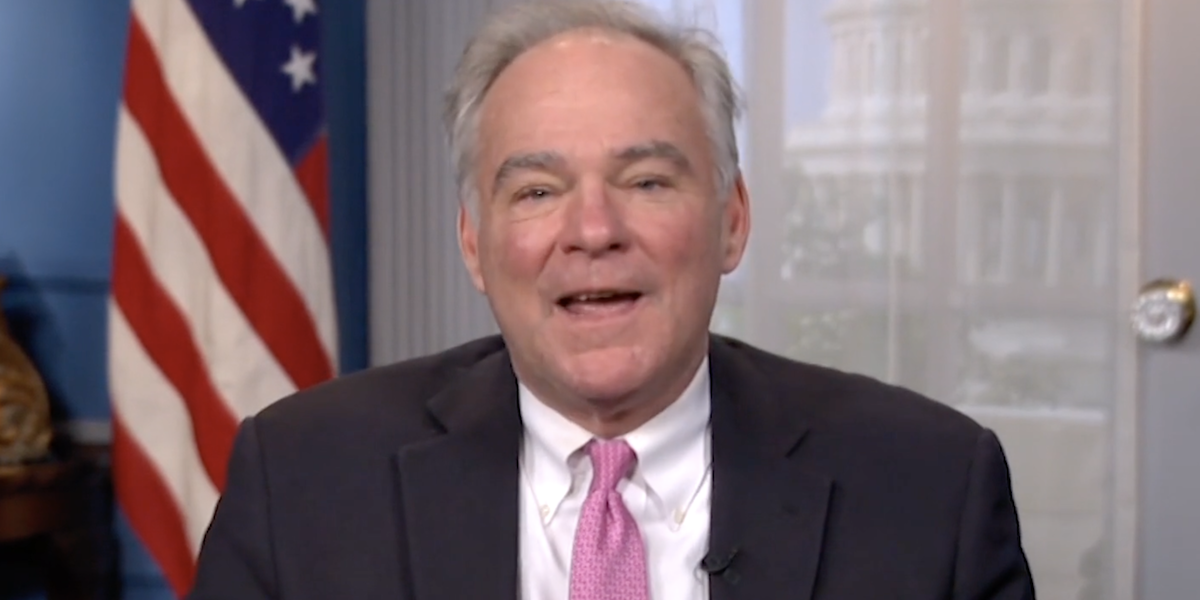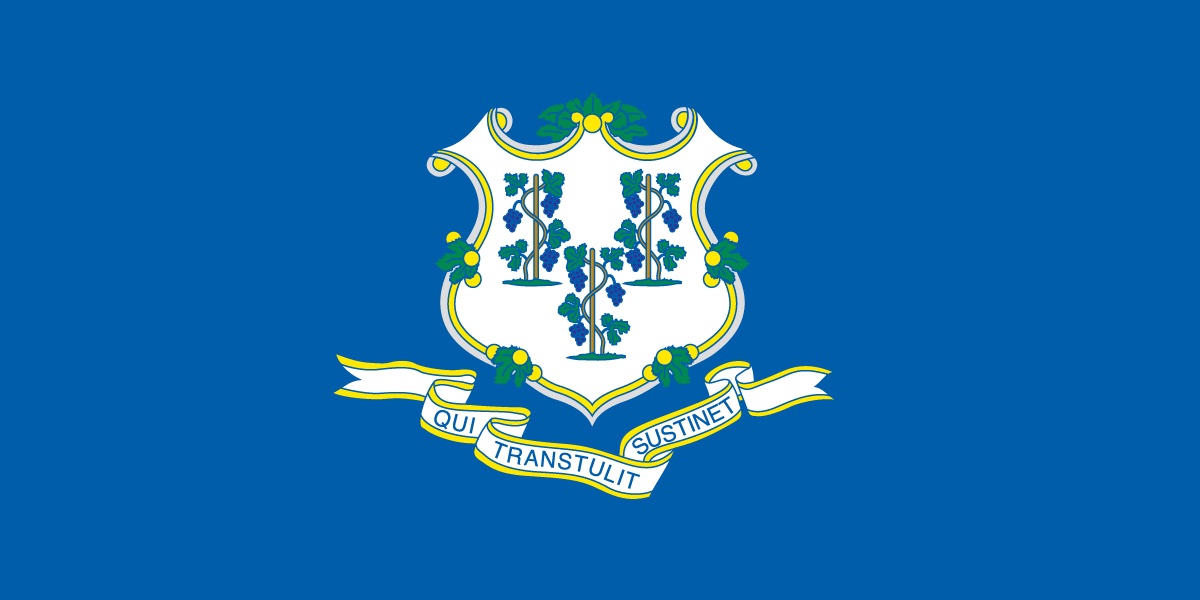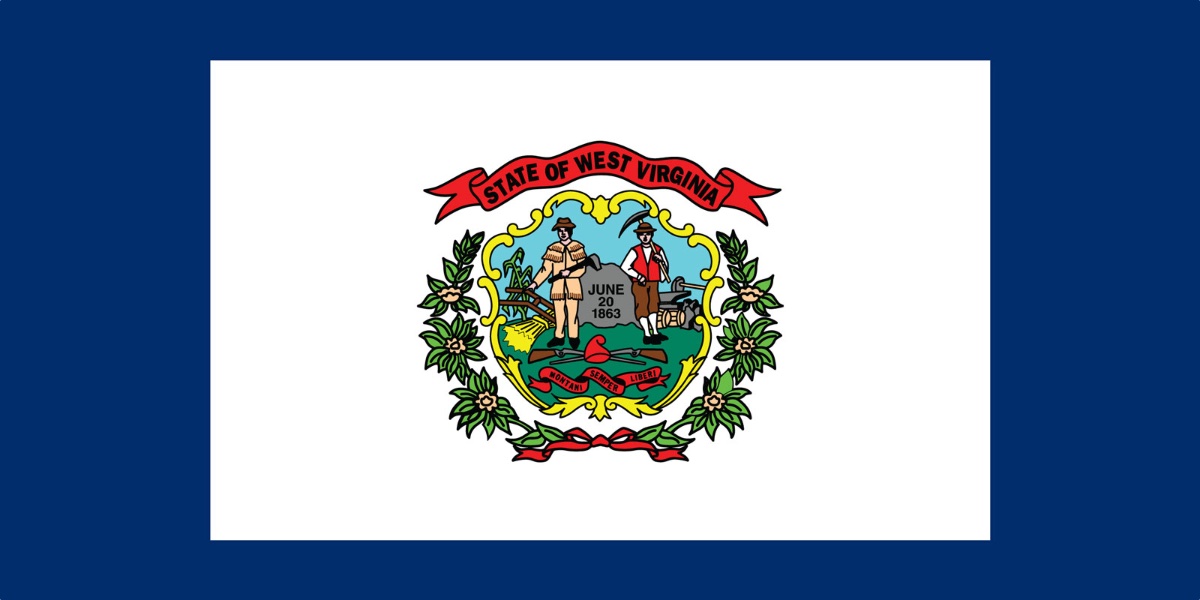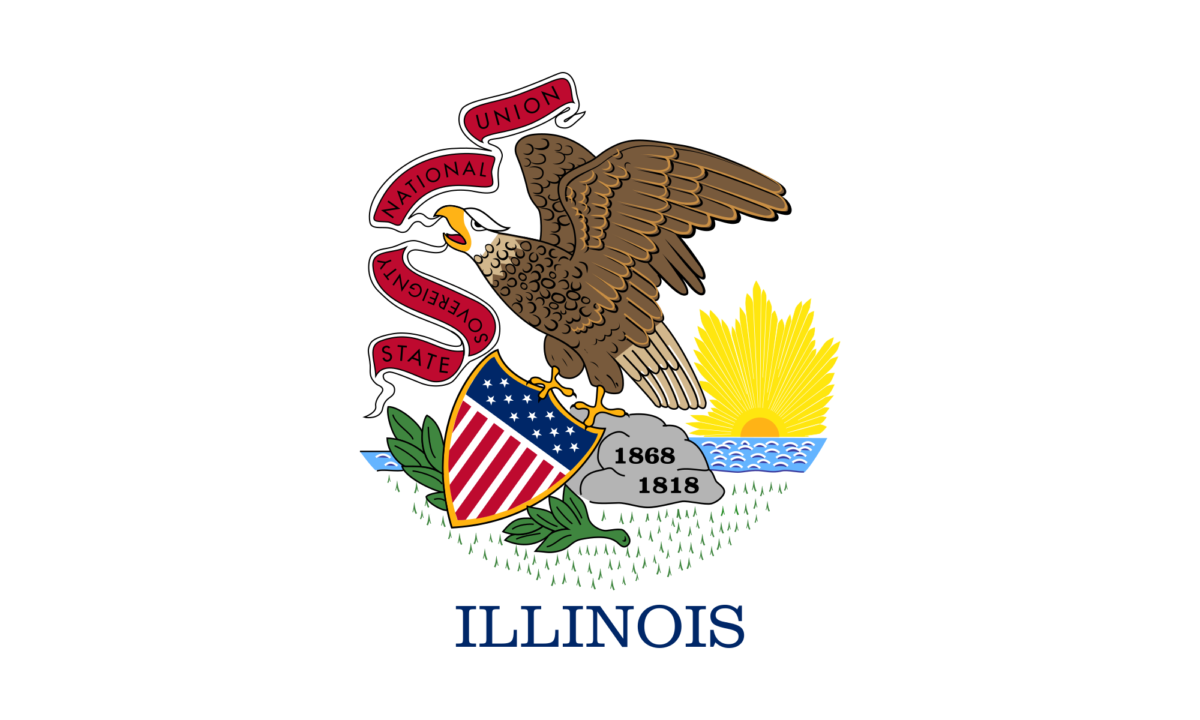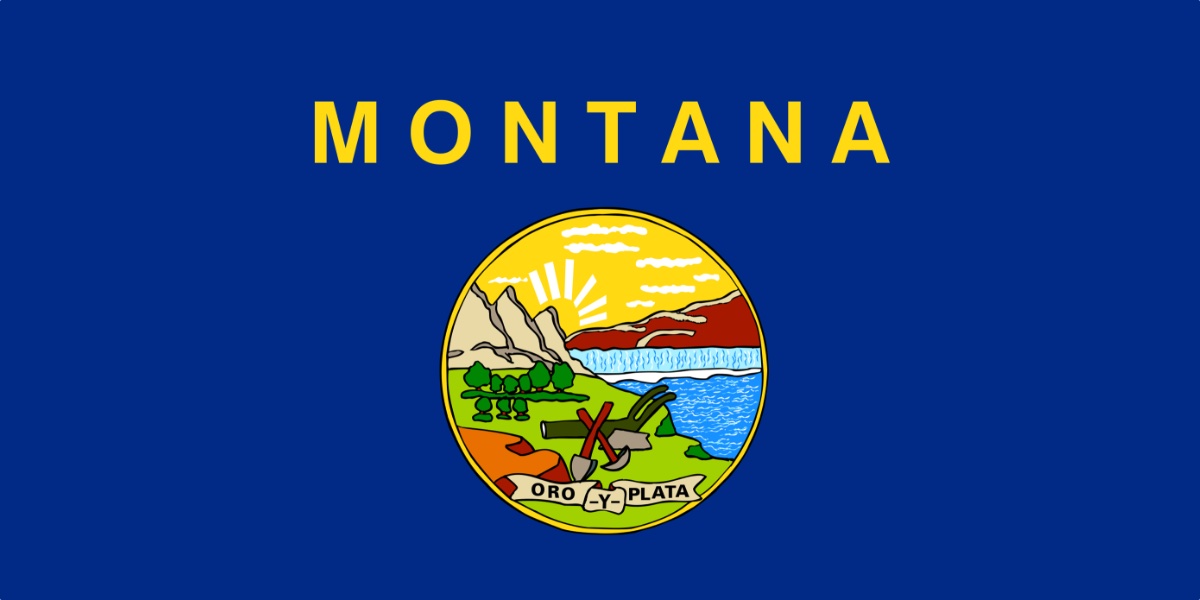Washington, D.C., March 9 – The 2022 National Skills Summit shined a spotlight on several signature initiatives that are working to close the digital skill divide and advance greater equity in the workforce. This included the work of the National Urban League and Microsoft.
Showcasing the work of the National Urban League was Executive VP & COO Donald R. Cravins, Jr., who spoke about the Lewis Latimer Plan for Digital Equity and Inclusion. Prior to the pandemic, families and individuals relied on public spaces like libraries and schools to access the internet. Due to the pandemic, access to these spaces disappeared right when people needed them more than ever, as essential functions of life began operating remotely. Mr. Cravins called for centering black and brown workers in the work of closing the digital divide “as part of a new industrial revolution that benefits people of color and women owned businesses.”
